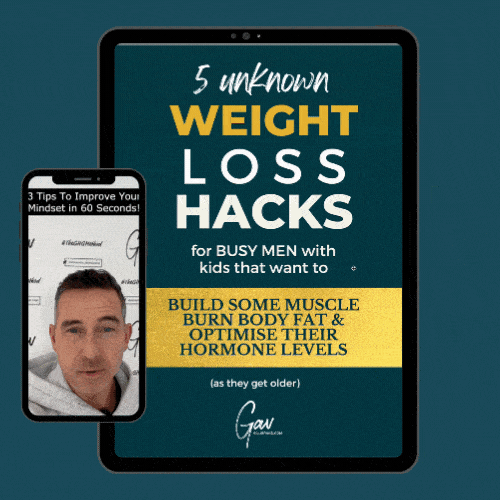Caffeine is a central nervous system stimulant and is the most commonly consumed psychoactive substance on the planet. From the morning cup of coffee to pre-workout supplements and energy drinks, its effects are undeniable. But like most things, caffeine can either be a tool or a trap, depending on how you use it. Let’s break it down with a balanced view.
7 benefits and 7 downsides of caffeine intake.
The Benefits of Caffeine
1. Enhanced Focus and Alertness
Caffeine blocks adenosine receptors in the brain, which reduces feelings of fatigue and sharpens focus. It’s no surprise that a strong coffee is a go-to for productivity boosts.
2. Improved Physical Performance
Studies consistently show caffeine can enhance endurance and strength by increasing adrenaline levels and promoting fat utilization as fuel during exercise.
3. Mood Booster
By increasing dopamine activity, caffeine can improve mood and even lower the risk of depression for some individuals.
4. Cognitive Protection
Research suggests moderate caffeine intake may reduce the risk of neurodegenerative diseases like Alzheimer’s and Parkinson’s over the long term.
5. Boosts Metabolism
Caffeine can increase your resting metabolic rate, which may aid in weight management when paired with a healthy, calorie controlled diet.
6. Antioxidant Properties
Coffee and tea, common sources of caffeine are rich in antioxidants that help fight inflammation and oxidative stress.
7. Social Connectivity
From coffee breaks to café meet-ups, caffeine consumption is often tied to social rituals that promote connection and creativity.
The Downsides of Caffeine
1. Sleep Disruption
Caffeine can linger in your system for hours. Caffeine has a half life of around 6hrs, which means half the caffeine will still be circulating in your system 6hrs later. Consuming it late in the day may impair your ability to fall asleep or affect sleep quality. In an ideal world, ingest caffeine no later than 8hrs after your wake up.
2. Dependency and Withdrawal
Regular use can lead to dependency, with withdrawal symptoms like headaches, fatigue, and irritability upon reduction.
3. Increased Anxiety
In susceptible individuals, caffeine can heighten anxiety levels, cause restlessness, or even trigger panic attacks.
4. Digestive Issues
Caffeine can stimulate acid production in the stomach, leading to discomfort, reflux, or exacerbation of conditions like IBS.
5. Impact on Blood Pressure
While temporary, caffeine can spike blood pressure, posing risks for those with hypertension or cardiovascular concerns.
6. Overstimulation
Excess caffeine intake can lead to jitters, rapid heart rate, and feelings of being “on edge,” especially for those with low tolerance.
7. Bone Health Concerns
Some evidence suggests excessive caffeine consumption might interfere with calcium absorption, which could affect bone density over time.
Takeaway: Dose and Timing Matter
Caffeine isn’t inherently good or bad. It’s how you use it that determines its role in your life. If you’re leveraging caffeine to enhance performance, make sure you’re not sacrificing sleep or relying on it as a crutch. Moderation and mindfulness are key.
Before you reach for that next cup, ask yourself: Is this helping me, or am I masking a bigger issue like poor sleep, poor diet, or lack of recovery?
Caffeine is a tool. Use it wisely.
If this resonates with you or you’ve found other strategies to manage caffeine intake, drop your thoughts below.
___________________________
My name is Gav Gillibrand and I’m on a mission to help busy, tired & stressed C-Suite executive dads drop 20-30lbs in 12 Weeks, optimise performance & fall in love with their body 365 days of the year.
Here’s how I can help you:
2. Book a FREE 15min Body Transformation Strategy Call with me – pure value, no strings, just answers about your health & fitness.







